You could be forgiven for thinking that wireless in an IoT device must be Bluetooth-5 or Zigbee or Thread. After all, that’s what ARM has introduced as a part of their IoT solution and they have market weight that is difficult to dismiss. However those options aren’t the only game in town. There is already some level of (second… Read More
Author: Bernard Murphy
An End of Year View of Semi Consolidation
The last couple of years have been tumultuous for the semiconductor market. IC Insights just released a report showing just how much consolidation has concentrated market strength in a small number of companies. The report (which excludes fabs) shows that the 5 top companies – Intel, Samsung, Qualcomm, Broadcom and SK Hynix – … Read More
Design for Fanout Packaging
In constant pursuit of improved performance, power and cost, chip and system designers always want to integrate more functions together because this minimizes inter-device loads (affecting performance and power) and bill of materials on the board (affecting cost). However it generally isn’t possible to integrate … Read More
Managing International Design Collaboration
Customer perspectives on a tool are always interesting, as much for why they felt the need for the tool as how it is working out for them in practice. Active-Semi, an emerging leader in power management and digital motor drive ICs gave a presentation at CDNLive describing why they adopted ClioSoft tools for design collaboration … Read More
Design for Ultra-Low Power LTE: CEVA Webinar
You might have thought that ultra-low power communication for the IoT was limited to standards like BT5 and 802.15.4 (eg in ZigBee and Thread) which depend on gateways to cellular networks and limit reach, especially deep inside buildings. But now there’s a new standard for ultra-low power and ultra-low cost based on LTE, known… Read More
Hack This? Making Software a Moving Target
It sometimes seems that the black hats are always one step ahead of the white hats in the never-ending security game. One of the especially invidious ways hackers have found to evade detection is through mutation – changing the code in a virus on each copy, defeating classical signature detection methods and potentially requiring… Read More
IoT Tech from Iowa
When you see Iowa and IoT in a title, you probably think of agricultural applications and Iowa as a consumer. In fact, they have their own pretty active tech development culture especially around Des Moines. Certainly some of this is focused on agtech, but there are also players in fintech, payment tech, health-tech, business automation,… Read More
Embedded Agility
A familiar refrain in software development, as much as in hardware development, is that the size and complexity of projects continues to grow as schedules shrink and expectations of quality can increase dramatically. A common approach to managing this challenge in software programs is agile development practices and one aspect… Read More
Ada in the IoT?
For the great majority (I assume) of my audience, if you think about Ada at all, you probably think about military and aerospace applications. Using Ada in the IoT might seem like overkill – cumbersome, over-powered and entirely unnecessary. Or so I thought until I talked to Quentin Ochem of Adacore at ARM TechCon.
For those of you… Read More
Improving on EMACS for VHDL Creation
OK – I admit I titled this piece as clickbait. There is a core of designers for whom belief in the supremacy of EMACS for RTL creation comes close to religion. Some will read only the title and jump immediately to penning searing comments questioning my intelligence, experience, parenthood and ability to tie my own shoes. Some, I hope,… Read More


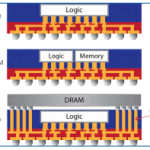
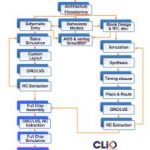
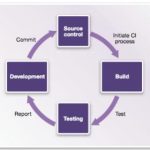



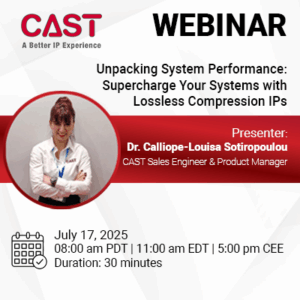

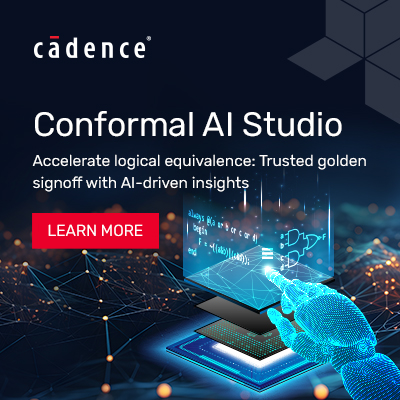

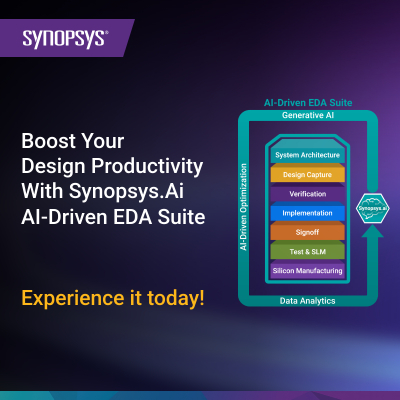

Facing the Quantum Nature of EUV Lithography